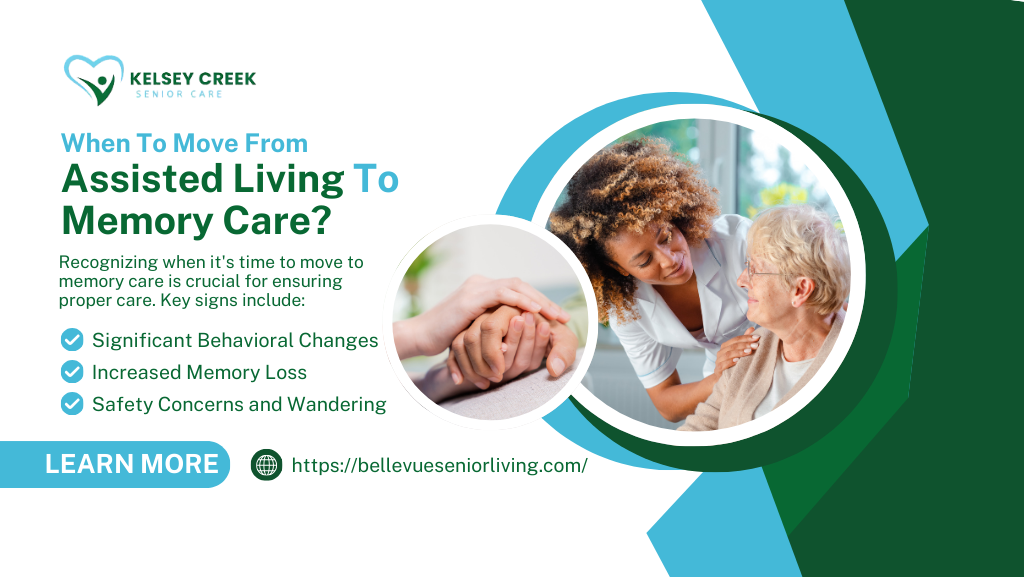Individualized Solutions for Households Looking For Alzheimers Care Charlotte
Individualized Solutions for Households Looking For Alzheimers Care Charlotte
Blog Article
Developing a Safe and Helpful Environment for Alzheimer's Treatment
The development of a supportive and safe atmosphere for individuals with Alzheimer's is critical in improving their top quality of life. Discovering these complex approaches can expose critical understandings into reliable caregiving approaches that may transform the everyday experiences of both caretakers and patients.
Understanding Alzheimer's Requirements
Often, people with Alzheimer's condition show a series of requirements that call for customized methods to care. As the problem advances, cognitive decline shows up in different means, influencing memory, reasoning, and even the capability to do daily activities. Caregivers have to identify these evolving demands to give appropriate support and guarantee a better of life for those affected.
One vital facet of recognizing Alzheimer's demands is acknowledging the importance of regular and familiarity. Individuals typically locate convenience in well-known patterns, which can minimize anxiousness and confusion. Caretakers should strive to create structured day-to-day routines that incorporate significant tasks lined up with the individual's interests and abilities.
In addition, effective communication is extremely important. Individuals with Alzheimer's might have a hard time to express themselves or comprehend intricate language. Caretakers must employ simple, clear language, use non-verbal hints, and practice active listening to foster understanding and connection.
Lastly, social and psychological needs can not be overlooked. Offering possibilities for social interaction and maintaining relationships can significantly boost emotional well-being. Caretakers must urge involvement in community tasks or household celebrations, promoting a sense of belonging and purpose. Recognizing these diverse demands is necessary for producing a supportive treatment environment.
Creating a Safe Home
Producing a risk-free home for individuals with Alzheimer's disease is vital to decreasing threats and promoting independence. The style of the space ought to focus on safety and security while enabling personal comfort. Eliminate potential threats such as loose rugs, sharp objects, and clutter, which can lead to drops or mishaps. Make sure that paths are clear and well-lit, as appropriate illumination decreases disorientation and enhances movement.
Incorporating flexible functions is also vital. Set up grab bars in shower rooms and near stairs, and think about making use of non-slip floor coverings in damp locations. In addition, using contrasting shades for floorings and walls can help in identifying areas, aiding to reduce complication.
Experience is essential for people with Alzheimer's. Customizing the environment with acquainted objects and photographs can strengthen a sense of belonging and security - Alzheimers Care Charlotte. It is likewise useful to have an assigned location for everyday activities, such as analysis or crafting, which can provide framework to their day
Finally, carrying out a secure outside room permits risk-free exploration while linking with nature. By thoughtfully designing the home atmosphere, caregivers can considerably enhance the quality of life for people coping with Alzheimer's illness.
Enhancing Interaction Skills

Non-verbal communication, including facial expressions, gestures, and touch, plays a vital function in sharing compassion and understanding. Maintaining eye contact and a calm behavior can boost the convenience degree of the individual, promoting a feeling of safety.
Additionally, it is very important to exercise energetic listening. This entails being totally existing, revealing persistence, and allowing the person to reveal themselves without disruption. Repeating might be required; caretakers ought to be prepared to take another look at inquiries or topics, as individuals learn the facts here now with Alzheimer's may deal with memory recall.
Additionally, using aesthetic help or hints, such as photos or familiar items, can assist in recognition and interaction. Inevitably, boosting interaction skills has to do with constructing depend on and producing a setting where individuals really feel heard, valued, and recognized, consequently enriching their quality of life.
Encouraging Social Communication
Cultivating meaningful social communications can greatly enhance the wellness of people with Alzheimer's condition. Engaging with others not just aids fight feelings of isolation but also stimulates cognitive feature and psychological wellness. Structured social tasks, such as team arts, games and crafts, or music therapy, produce chances for citizens to link with peers and caregivers, which can lead to enhanced mood and minimized stress and anxiety.
Creating a welcoming setting that urges socializing is crucial. This can be achieved by setting up common rooms that assist in interaction, such as comfortable seating locations or task rooms. Additionally, including acquainted and culturally appropriate activities can spark memories and encourage involvement, enabling people with Alzheimer's to feel more connected to their previous experiences.
Furthermore, caregivers should be trained to acknowledge and promote social engagement among citizens. By prioritizing social communication, we can dramatically enrich the lives of those living with Alzheimer's, promoting a sense of community and belonging.
Sustaining Caretaker Health

To sustain caretakers, companies should provide normal training and instructional sources to improve their understanding of Alzheimer's disease and caregiving strategies. Offering access to reprieve care services enables caretakers to take essential breaks, minimizing anxiety and tiredness - Alzheimers Care Charlotte. Additionally, promoting an area via support system can assist in emotional sharing and the exchange of practical suggestions among caretakers, developing a network of mutual support
Mental health sources, such as therapy solutions, can likewise be crucial in attending to the psychological toll caregiving can take. By focusing on caretaker well-being, we produce a more lasting caregiving environment that not just benefits the caregivers themselves yet additionally boosts the total high quality of care obtained by individuals with Alzheimer's. Eventually, sustaining caretakers is a vital part in fostering a effective and thoughtful important link care setting.
Final Thought
To conclude, the creation of a secure and helpful setting for people with Alzheimer's is necessary to improving their high quality of life. By focusing on security through thoughtful layout, promoting psychological well-being with acquainted components, and promoting involvement with structured routines, caretakers can substantially affect the general experience of those influenced by this problem. Sustaining caretaker well-being is vital, as it inevitably contributes to a much more efficient and thoughtful care setting.
Repeating might be needed; caretakers must be prepared to take another look at inquiries or subjects, as people with Alzheimer's may battle with memory recall.

Report this page